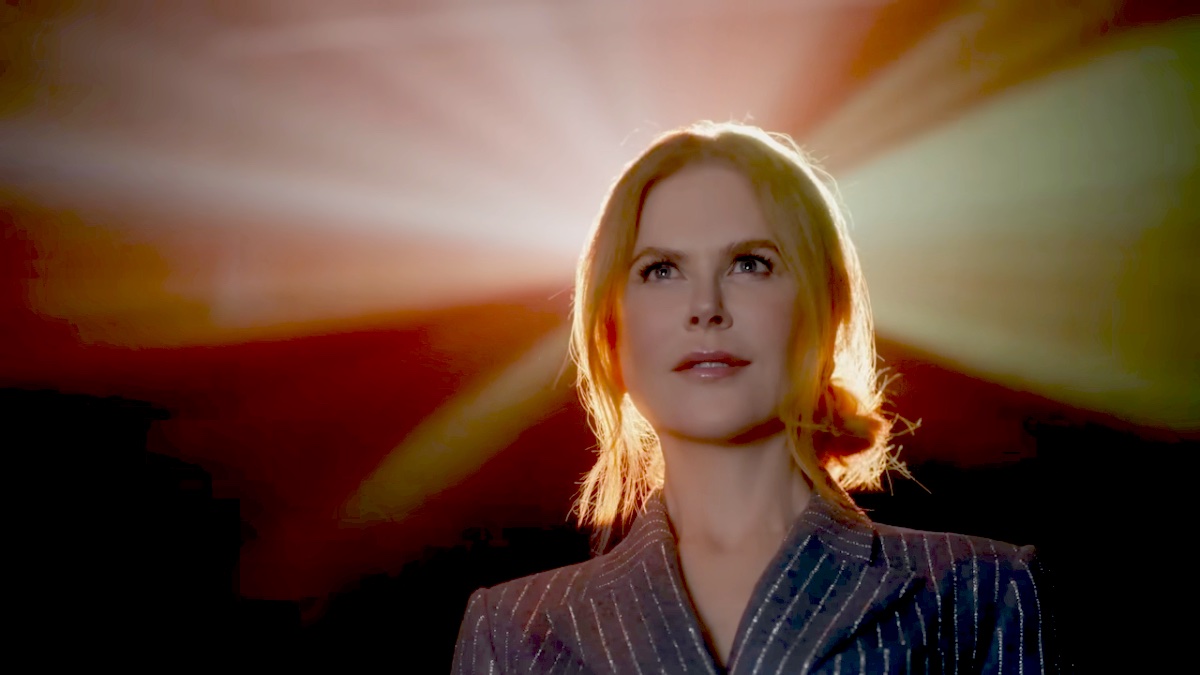I’m a fairly recent neophyte when it comes to Netflix. As I’ve been subscribing for just under a year, I have little-to-zero investment in what was once my experience with the service as compared to what it is now. Even then, I didn’t begin seriously utilizing what I had until late March or early April; the loss of Showtime didn’t faze me as it happened before I knew what I had.
The more recent announcement that Starz would be ending their deal with Netflix in 2012 didn’t shock me either. The old media giants are still recoiling from the new ways, and often. Besides that, Starz never really had the best selection as a channel, though my love for Disney borders on obsession. Perhaps the biggest change for Netflix, prior to this week, was the introduction of separate plans for DVD-by-mail and streaming customers in July. For those following along at home, this was where Netflix began to dip heavily in the eyes of customers. Those who had been with Netflix since the introduction of instant streaming had grown accustomed to receiving both DVD-by-mail and the instant gratification of streaming services. The announcement that they’d have to double their investment in order to receive the same benefits as before was not received well, to put it mildly. However, it makes perfect sense with the spin off and reveal of Qwikster, which will ship games as well as DVDs, as a distinct entity from Netflix.
As of now, it’s still a wholly-owned subsidiary of Netflix, but as time goes on it is certainly possible that Qwikster could be acquired by other companies. In fact, moves of this nature are typically the first step toward such a fate. Being from Louisville, Kentucky, Yum! Brands and its history with PepsiCo is a constant reminder to me that these things happen.
So why is it that so many people seem to think that this is pure economic suicide on the part of Netflix?
The CEO of Netflix, Reed Hastings, sent out an open letter to the public about the split, apologizing for the poor handling of the subscription changes. While some may paint him as out of touch for not understanding just how controversial the move would be, others seem to think that — though there will be significant restructuring costs incurred — the move will allow for both businesses to grow more naturally instead of chafing at the growth of one over the other.
For something of a personal perspective, I dropped down to pure streaming the moment the double plan, er, plan was announced. The last DVD I’d received by mail, Kung Fu Hustle, sat in its iconic case on my dresser for over a month and was returned unwatched. The DVD service had been entirely an afterthought once I’d made my PlayStation 3 the designated Netflix machine. I saw no reason to pay for something I wasn’t going to use and, considering the wealth of content even after the loss of Showtime this year and Starz next, frankly didn’t need.
One negative consequence of the split services is the fact that Qwikster will have an entirely separate website to navigate and utilize. That’s a small, mostly insignificant fact that new users likely won’t be concerned with as they won’t have known a time where they were together. On the other hand, they’ll also be providing the ability to receive video games, whereas Netflix had never appealed to that market previously.
The issue at hand, however, is that those who view this as a problem don’t see the distinct difference in the services. Their argument can be seen as someone convinced that apple orchards should stock oranges and vice versa as they’re both purveyors of fruit, while Netflix would have apple orchards focus exclusively on apples and orange orchards on oranges, both owned by the same parent company.








Published: Sep 23, 2011 03:05 pm